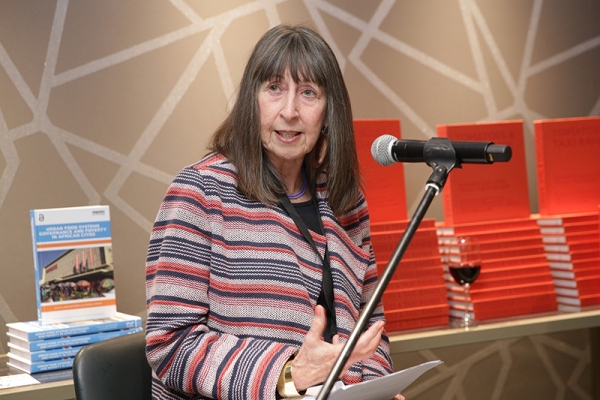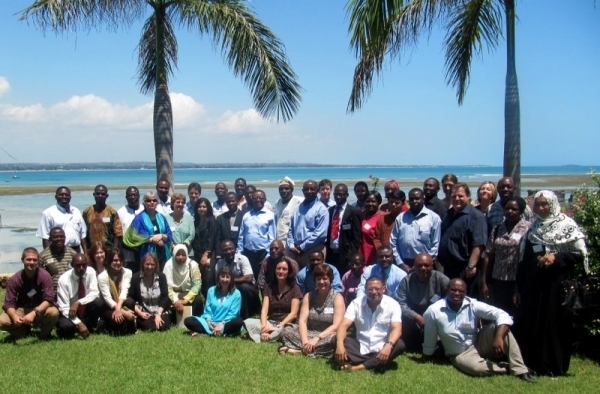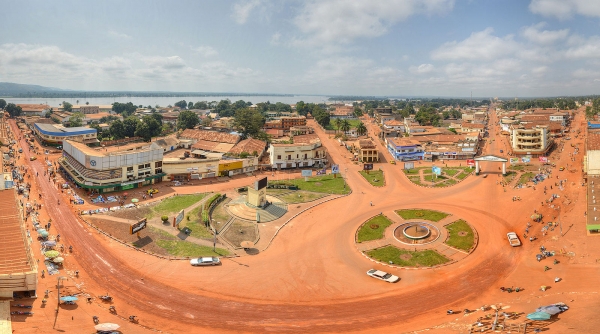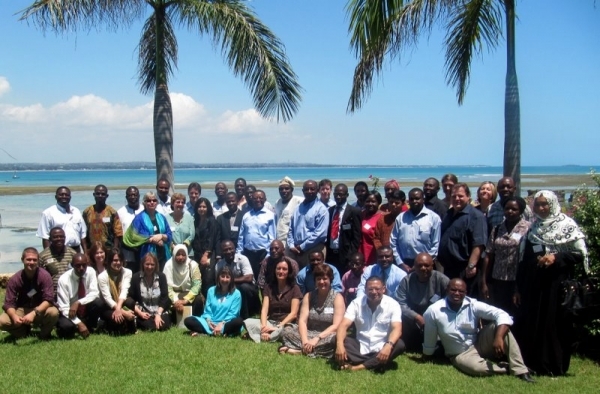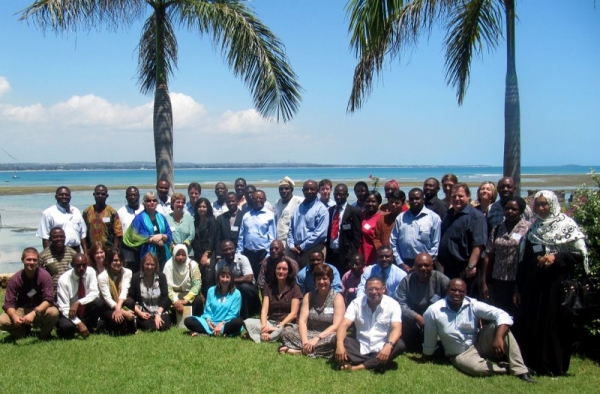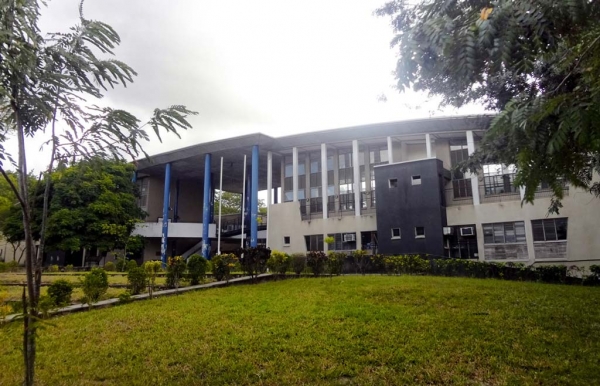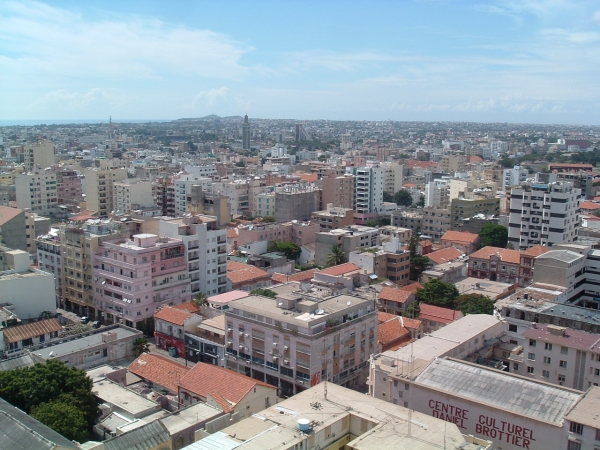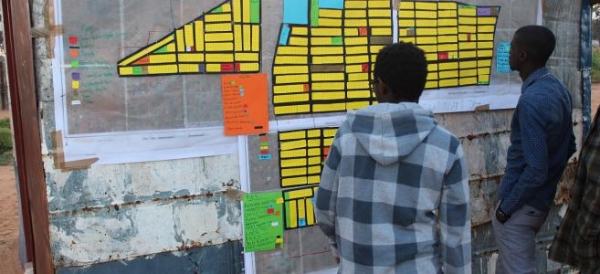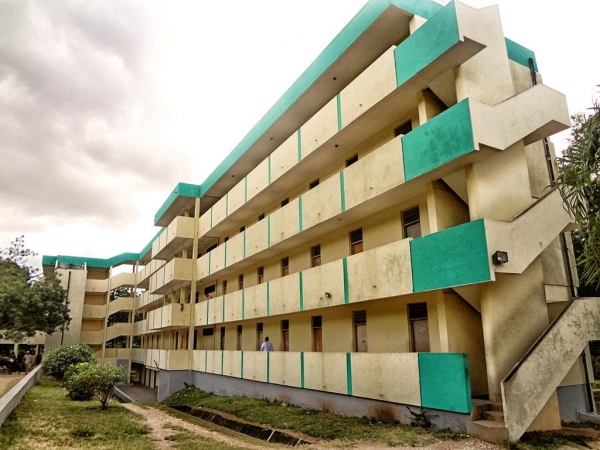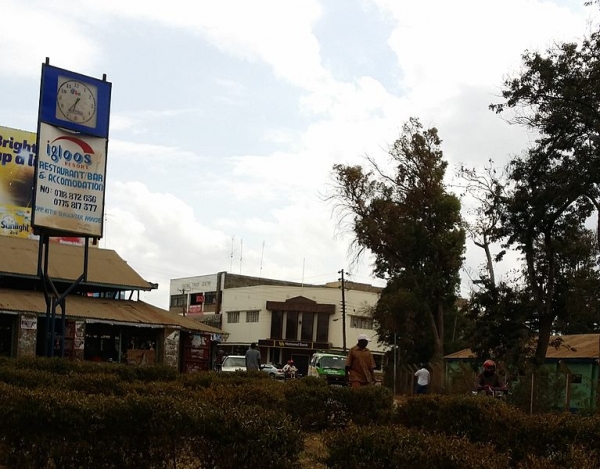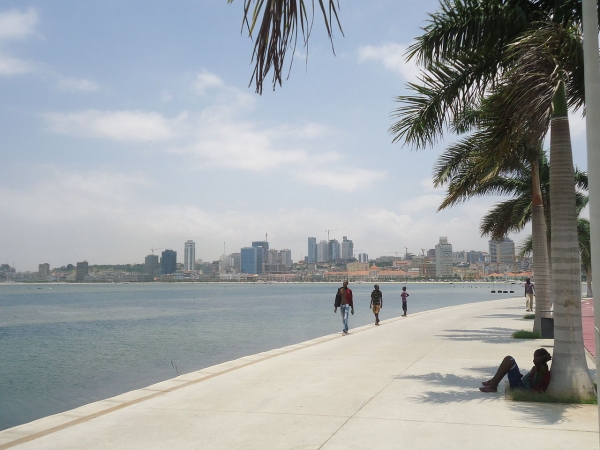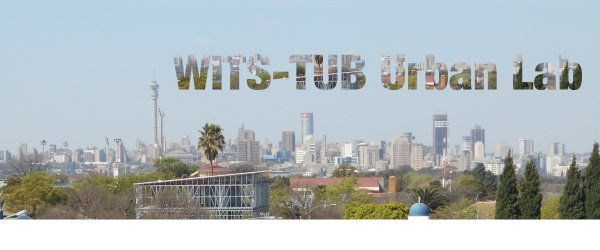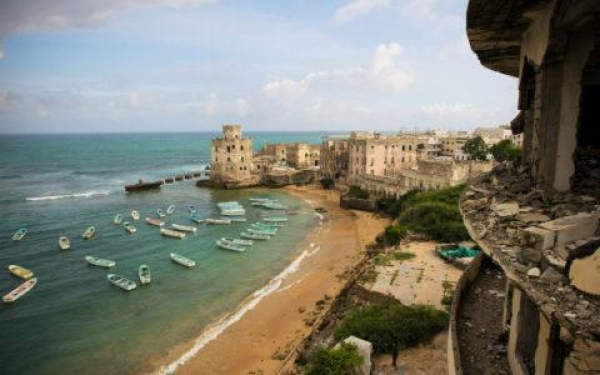On 24 May 2016 the urban and regional planning programme offered in the Department of Architecture and Planning became the first programme at the University of Botswana to be awarded full accreditation by an international professional body, the Royal Town Planning Institute (RTPI) of the United Kingdom.
Only two planning programmes in Africa are currently accredited by the RTPI – namely, the University of Cape Town, South Africa and now the University of Botswana.
‘The RTPI has now received the written assurance required and we can confirm that the University of Botswana has met the outstanding conditions for Full Accreditation’, states a letter, dated 24 May 2016, penned by the RTPI Chief Executive, Trudi Elliot.
Established in 1914, the RTPI is a professional body which promotes and develops policies on the education, practice and ethical conducts of professional urban and regional planners in Britain, Ireland and the commonwealth countries. It is responsible for maintaining professional standards and accrediting world class planning courses nationally and internationally. The RTPI has over 23, 000 members of which 1,100 are international members from over 80 countries including Canada, USA, Australia, South Africa and Botswana.
The process to accredit the urban and regional planning programme started in 2008 when the Faculty of Engineering and Technology decided to accredit all its programmes in pursuit of the University of Botswana’s vision ‘to be a leading academic centre of excellence in Africa and the world’.
While the programme opted to seek accreditation by the RTPI, the Department of Industrial Design and Technology went for the Institute of Engineering Design in the United Kingdom, and the rest for the Engineering Council of South Africa (ECSA). The RTPI first visited the Department to assess the structure of the programme, quality of academic and support staff, student work, studios, and other facilities. Following this visit, the prorgramme’s structure was revised and a proferssional undergraduate degree was introduced to complement the pre-existing bachelor’s degree. Admissions under the revised programme was carried out in the 2011-12 academic year while the first intake for the professional degree was in 2012-13. The programme received provisional accreditation in 2012, conditional full accreditation in 2014, and full accreditation in May 2016.
Graduates of the professional degree are immediately eligible to become licentiate members of the RTPI and then chartered town planners after two year’s practical planning experience and the successful completion of an Assessment of Professional Competence (APC).
Besides the honour and raising the status of the Department, Faculty and the University in general, the acquisition of full accreditation will enable the urban and regional planning programme to attract students from neighbouring countries and beyond. It is already listed on the RTPI website as an accredited programme and from now on will feature in its worldwide advertisement of accredited schools. Accreditation assures parents, sponsors and prospective employers that the planning programme has been evaluated and has met quality standards established by international professional bodies. Consequently, planning graduates are readily registered to practice as professional town planners in almost all countries in the world. In addition, accreditation represents peer recognition of the high quality of staff and facilities within the Department and the University in general.
By Prof A.C. Mosha, University of Bostwana
Original story at UrbanAfrica.net


